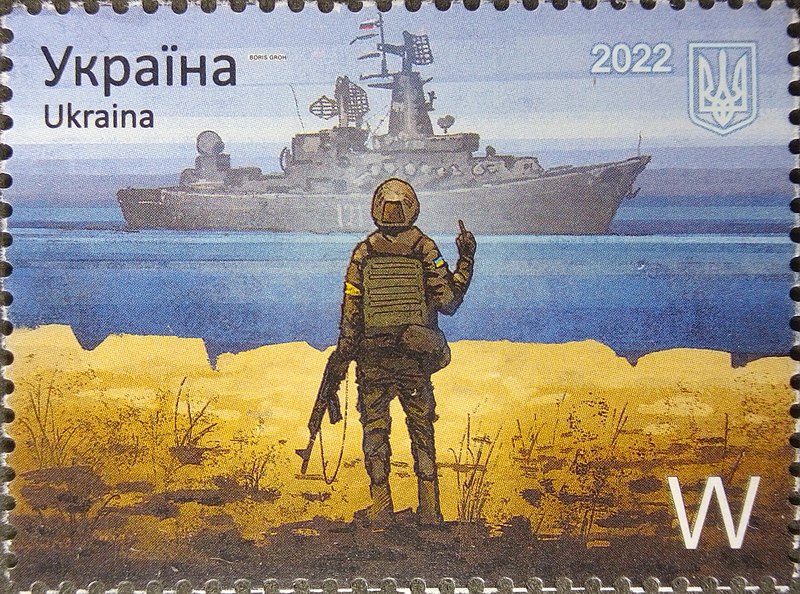Russia-Ukraine Update

Looks like Russia is abandoning Snake Island:
A couple things seem to have driven the decision. The availability of new anti-ship missiles transferred from NATO have made the prospect of resupplying the island with surface vessels very sketchy, and air supply was untenable because of the proximity of Ukrainian aircraft and air defense systems. More recently it appears that the island has been subjected to long-range artillery fire, which would have made it nearly impossible to maintain a garrison. To be clear, the recapture (which would seem to be impending) of Snake Island will not necessarily open up Odessa for grain shipments (there are mines and there are submarines), but it’s certainly good news for the long-term viability of Ukrainian trade.
Some links:
- Congressional Research Service report on Ukrainian military performance.
- More on this later, but it serves no one’s interests to pretend that nuclear weapons haven’t been relevant to this war.
- On Russian efforts to export conspiracy theories…
- On misinterpreting Russian military capabilities.
In other news I have two short pieces at 1945 on proxy war. First on definitions, because there are folks out there who are utterly committed to misunderstanding the muddy nature of proxy war:
A terminology has developed over the past two decades (hybrid war, gray zone operations) to describe military activity that does not involve direct, high-intensity conflict between two conventionally organized military forces. This terminology has not really defined anything new; in most cases, the term “proxy war” is more than sufficient to describe battlefield phenomena.
And then on how proxy war may be changing:
In the Greek war of independence, the British could supply small arms, financial assistance, and Lord Byron. In Vietnam, the Soviets could supply advanced jet fighters and surface-to-air missiles. Today, the US can supply weapons, fighters, sanctions, and real-time intelligence about the location of Russian generals. Andrew Mumford of RUSI identifies two other changes, including the global dispersion of state-supported professional military companies (PMCs) and the ability of states to inflict pain in cyber-space, both of which exist in shadowy legal realms where proxy warfare tends to lurk. Arguably then, states have more tools to reach out and touch one another in a coercive way, potentially making proxy war more dangerous.


